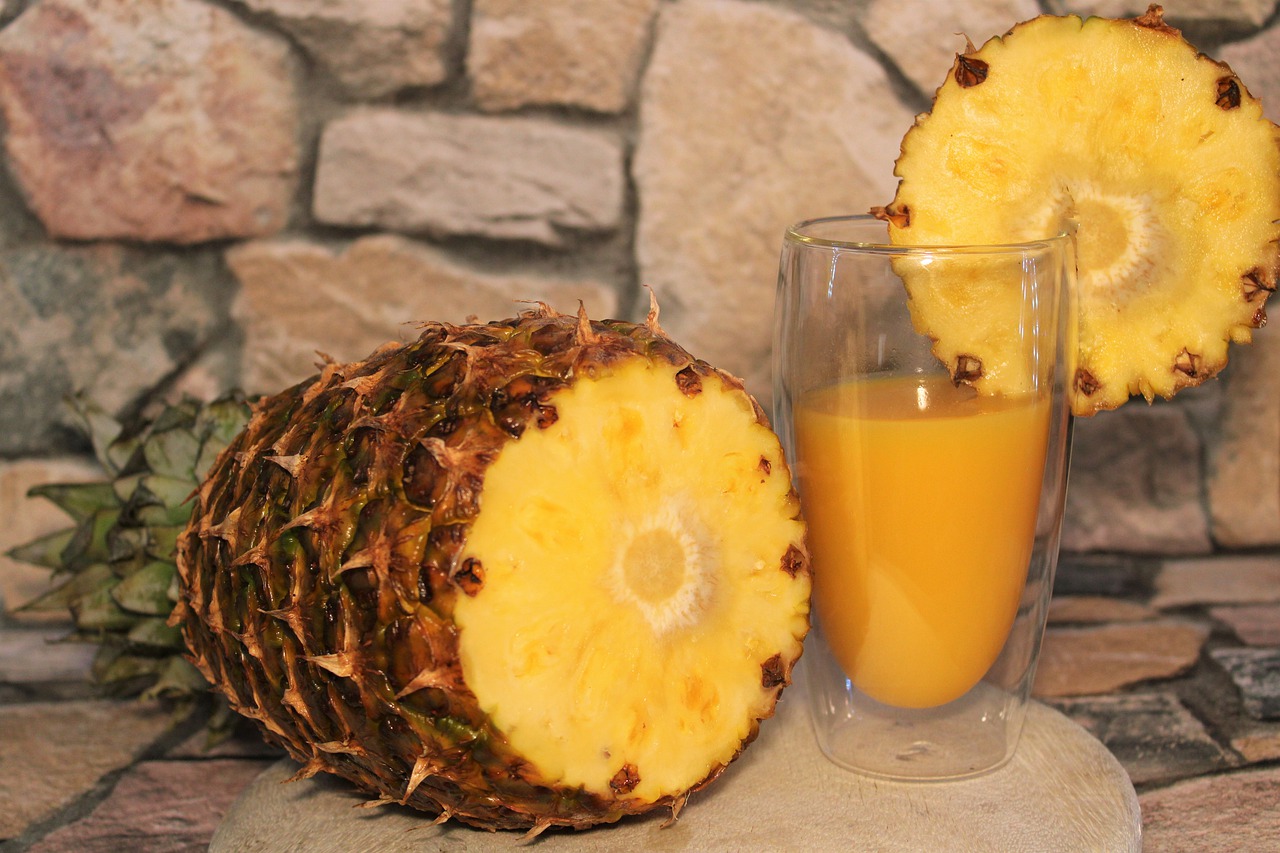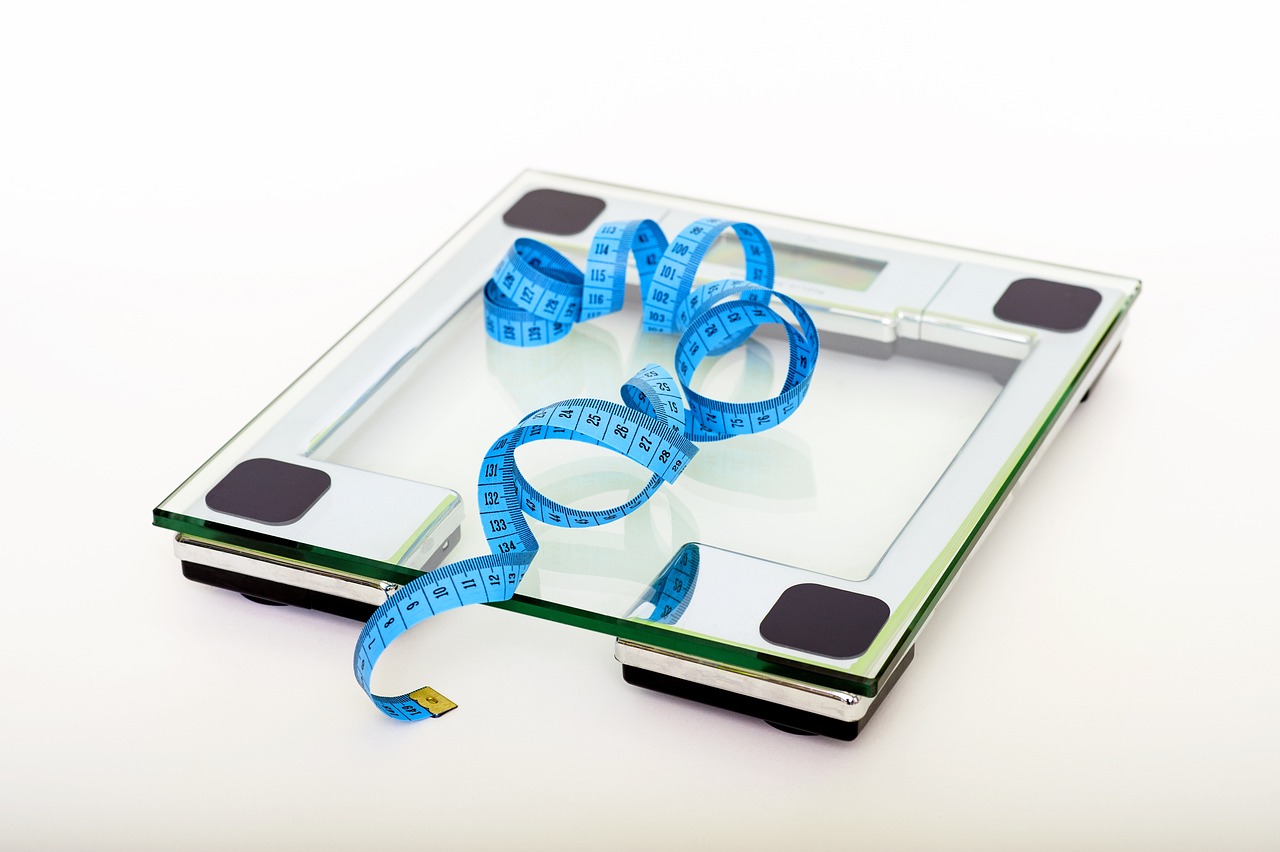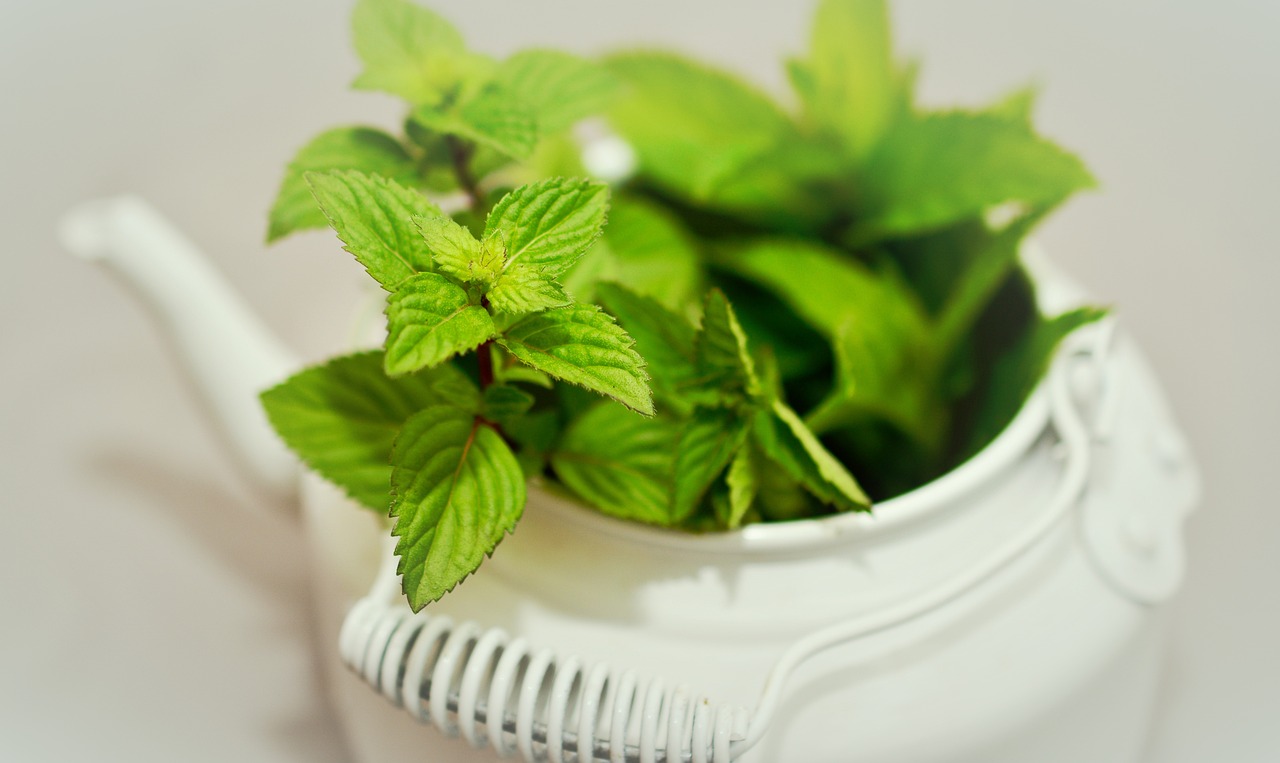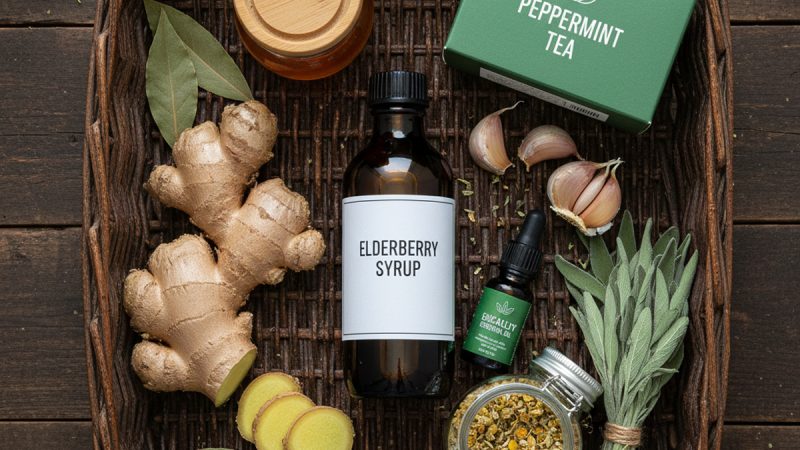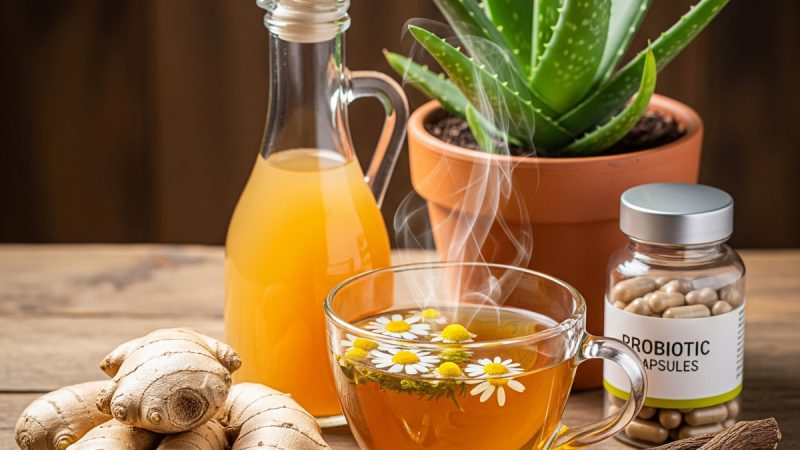Compounds from Foods That Lower Blood Pressure
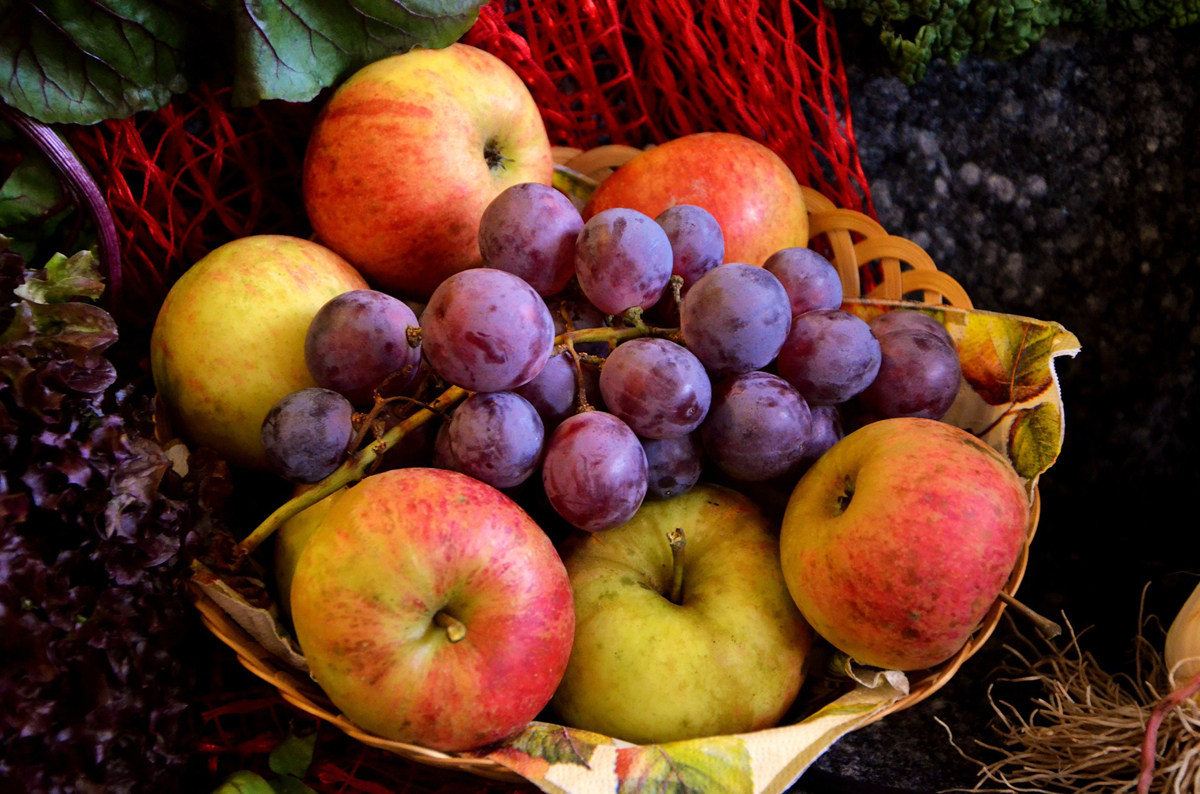
There are compounds from foods that lower blood pressure and provide many other health benefits. When in the proper dose in the right combination, these compounds can sometimes reverse or significantly repair damage from years of poor diet and exercise habits.
Do you suffer from high blood pressure? If you do, you’re not alone. About 73.6 million people in the US over the age of 20 have high blood pressure. (1) Nearly 2400 Americans die of cardiovascular disease (CVD) every day. And high blood pressure is just one symptom of CVD. (2)
But there is good news. Nature has provided foods, called functional foods (3) which, when eaten alone or taken in combination with other healing biocompounds, can repair damage to the body caused by high blood pressure and imbalanced cholesterol levels.
As I’ve discussed in previous newsletters, science has allowed us to isolate the nutrients in functional foods so we can create powerful supplementation.
High Blood Pressure Symptoms
Hypertension, another word for high blood pressure, doesn’t necessarily have overt symptoms. Even with dangerously high blood pressure, you may not show symptoms. Some patients experience dull headaches, dizziness or nosebleeds—but these symptoms aren’t always associated with hypertension, and sometimes don’t manifest at all. In short, there’s no definite early warning system for high blood pressure aside from blood pressure readings.
Is There Hope?
There are actions you can take. Here are just a few ways to lower blood pressure…
A Diet Rich in Omega
3 fatty acids can help. In 31 studies on 1356 subjects, omega-3 fatty acids from fish oil was shown to significantly lower blood pressure in subjects with hypertensive disease. (4) Eating salmon a couple of times a week is a great way to get omega-3 fatty acid into your diet.
Cardio Exercise
Exercise that raises your heart rate—3 to 4 times a week, is another great way to manage blood pressure. Make sure you’re healthy enough for exercise before you begin a workout regimen. Some great choices are walking, biking, and running if you can.
Eat More Vegetables and Fruits
Veggies and fruits all contain nutrients that help balance the body. The fiber lowers blood pressure and cholesterol, and choosing these foods that lower blood pressure may fulfill cravings for processed foods that are bad for you.
And to really get the benefits of foods that lower blood pressure, use a resveratrol and coenzyme Q10 supplement.
Resveratrol
Resveratrol is a compound found in grapes and is what gives red wine its health properties. It’s likely you’ve heard about studies in the news. Harvard Medical School research has show resveratrol to improve the health and survival of mice on a high calorie diet. (5)
Coenzyme Q10
Coenzyme Q10 is made by the body, but in lower and lower levels as we age. However it can be supplemented. Supplemental CoQ10 has been shown to change the course of cardiovascular illnesses by inhibiting LDL cholesterol oxidation and by maintaining optimal cellular and mitochondrial function. (6)
When combined, these two natural nutrients
- Lower LDL cholesterol by 50%; (7)
- Relax contracted arteries; (8)
- Increase heart energy by 68% in just a few minutes; (9)
… and these are only a few of the benefits of these two nutrients when taken in the right dosage.
Making changes to your lifestyle now can help to repair years of abuse. The body can take processed foods for only so long.
And remember to ask your doctor if you plan to change your diet, exercise routines or supplements.
https://pioneerthinking.com/the-protective-power-of-garlic
Sources:
- American Heart Association, http://www.americanheart.org/presenter.jhtml?identifier=4621
- American Heart Association, Heart Disease and Stroke Statistics—2008 Update, A Report From the American Heart Association Statistics Committee and Stroke Statistics Subcommittee
- Functional Foods and Cardiovascular Disease, November 2000
- Morris, et al, Department of Epidemiology, ” Does fish oil lower blood pressure? A meta-analysis of controlled trials”, Harvard School of Public Health, 1993.
- David Sinclair, Harvard, 2006 deCabo R, Sinclair DA. “Resveratrol improves health and survival of mice on a highcalorie diet,” 2006 16 Nov. Nature 444:337-342.]
- Overview of the use of CoQ10 in cardiovascular disease.” Biofactors. 1999;9(2-4): 273-84.
- Cardiovascular Drug Reviews. 2004;22(3).
- Das DK, Maulik, N. “Resveratrol: A Preconditioning Agent.” Molecular Interventions,2006 Feb;6(1).
- Cardiovascular Drug Reviews. 2004;22(3).
The Author:
Dr. Blankstein has been practicing for over 30 years as a leading Cardiologist. Trained in traditional medicine and Board Certified in both Internal Medicine and Cardiovascular Disease, he knows the importance of good medical care. This consideration has allowed him to discover safe and natural ways of healing. His dedication to bringing the latest and best in health solutions to his patients and the public has given him the experience to research and develop proven natural remedies for many illnesses.
© 2009 Chesapeake Nutraceuticals
Photo. Conger Design
Source: Ab



